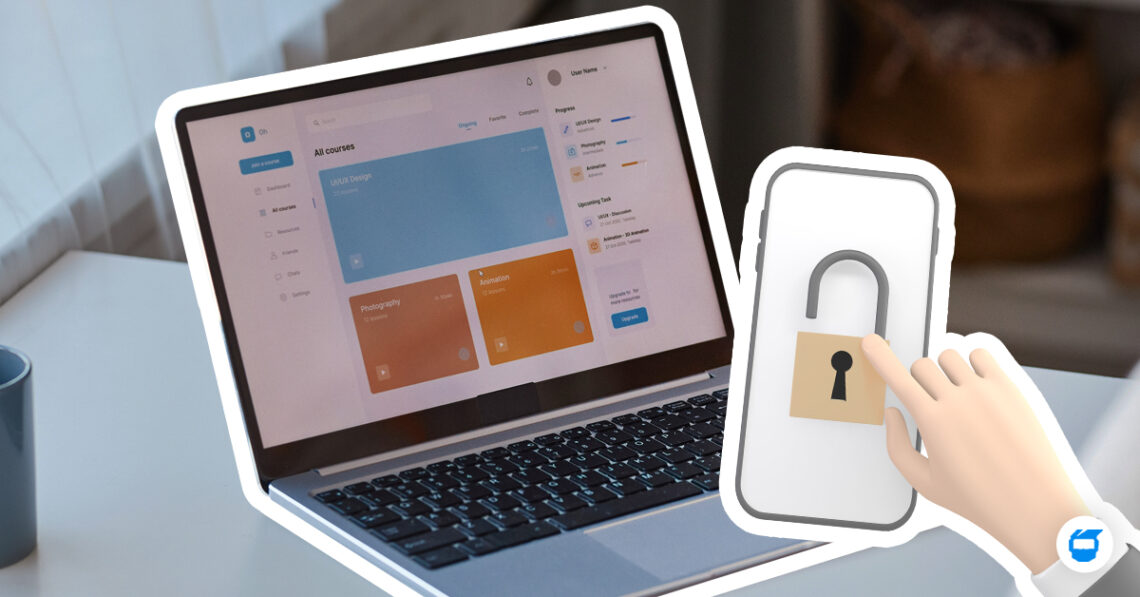A website is a critical component for any business or personal brand. With increasing cyber threats and attacks, it’s imperative to take the necessary steps to ensure your website is safe and secure. In this blog, we dive into the tips and strategies to fortify your website infrastructure and hosting environment.

Tip 1: Use a Secure Hosting Provider
One of the most important things you can do to secure your website is to use a secure hosting provider. Look for a provider that offers security features such as SSL certificates, firewalls, and regular backups. These features can help to protect your website from cyber-attacks and data breaches.
Related: 5 Signs it’s Time to Change Your Web Hosting Provider
Tip 2: Keep Your Software Up-to-Date
Keeping your software up-to-date is another important step in securing your website. This includes updating your content management system (CMS), plugins, and themes. By keeping your software up-to-date, you can ensure that your website is protected against known vulnerabilities.
Tip 3: Use Strong Passwords
Using strong passwords is an essential step in securing your website. Avoid using common words or phrases, and make sure to use a mix of letters, numbers, and symbols. Additionally, consider using a password manager to generate and store strong, unique passwords for all of your accounts.
Tip 4: Implement Two-Factor Authentication
Two-factor authentication (2FA) is another way to secure your website. 2FA adds an extra layer of security by requiring a second form of verification, such as a fingerprint or a one-time code sent to your phone — in addition to a password.
Tip 5: Use a Web Application Firewall (WAF)
A web application firewall (WAF) can help to protect your website from cyber-attacks by blocking malicious traffic before it reaches your server. A WAF can also help to protect against common vulnerabilities such as SQL injection and cross-site scripting.
Tip 6: Regularly Monitor and Audit Your Website
Regularly monitoring and auditing your website is an essential step in securing your website infrastructure and hosting environment. This includes monitoring your website for suspicious activity, such as unusual login attempts, and checking your website for vulnerabilities.
Securing your website infrastructure and hosting environment is crucial for protecting your online presence. Using a secure hosting provider, keeping your software up-to-date, using strong passwords, implementing two-factor authentication, using a web application firewall, and regularly monitoring and auditing your website can help to protect your website from cyber threats and attacks. Remember that security is an ongoing process and it’s important to stay vigilant and keep up with the latest security trends and best practices.
In need of someone to help you with your website maintenance and security? Contact us today and we will be glad to assist you!

